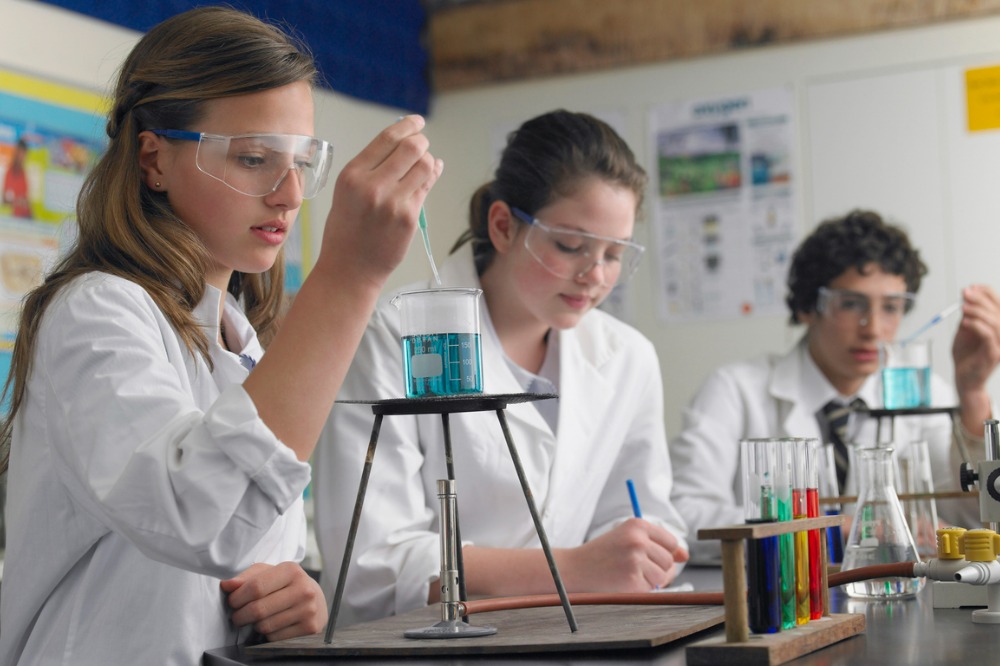
Social support can lead to more positive attitudes towards science-related subjects in Australian teens, new research shows.
The research, led by Dr. Erin Mackenzie from Western Sydney University (WSU), surveyed 475 students from six schools in Sydney to explore how teenagers’ feelings of support from their teachers and classmates, their attitudes towards science, and their confidence in their abilities were connected to their plans to study science.
While social support from teachers and peers did not directly influence students’ intentions to study science, it significantly impacted their confidence, enjoyment, and views on the relevance of science, Dr Mackenzie said.
“Students who viewed science as relevant to their current and future lives were more likely to continue studying science subjects in Years 11 and 12,” she said. “This finding was interesting because viewing science as relevant was more powerful in predicting intentions to continue studying science than being confident in science or enjoying learning science.”
The WSU researchers also found that confidence in science ability and enjoyment of science was positively related to students’ intentions to study chemistry.
Of those surveyed, boys were found to be more likely to study physics, whereas girls held stronger preferences towards studying biology.
“Surprisingly, we found that confidence and enjoyment were not directly related to students’ intentions to study biology or physics,” Dr Mackenzie said.
“As science confidence and enjoyment were strongly related to viewing science as relevant, we argue that both remain important for supporting adolescents’ participation in science subjects.”


